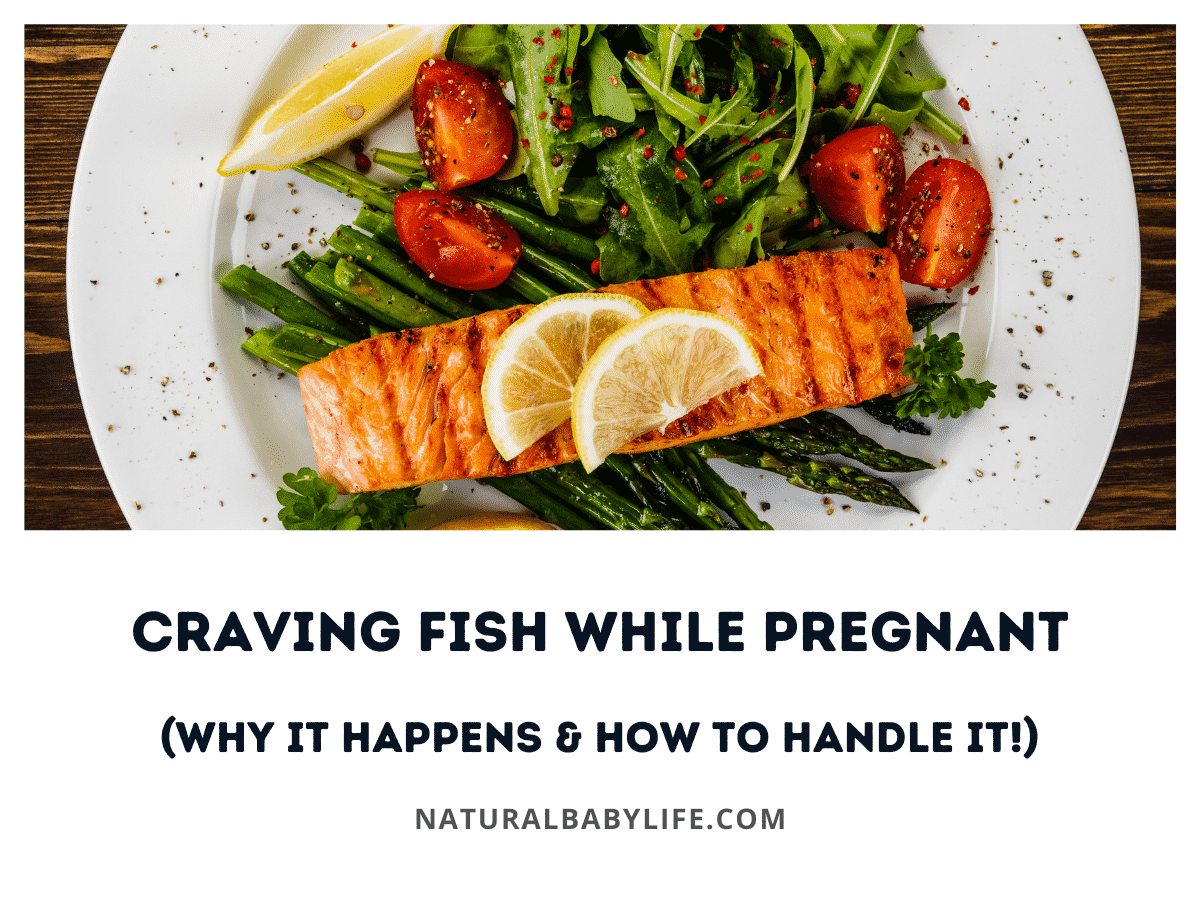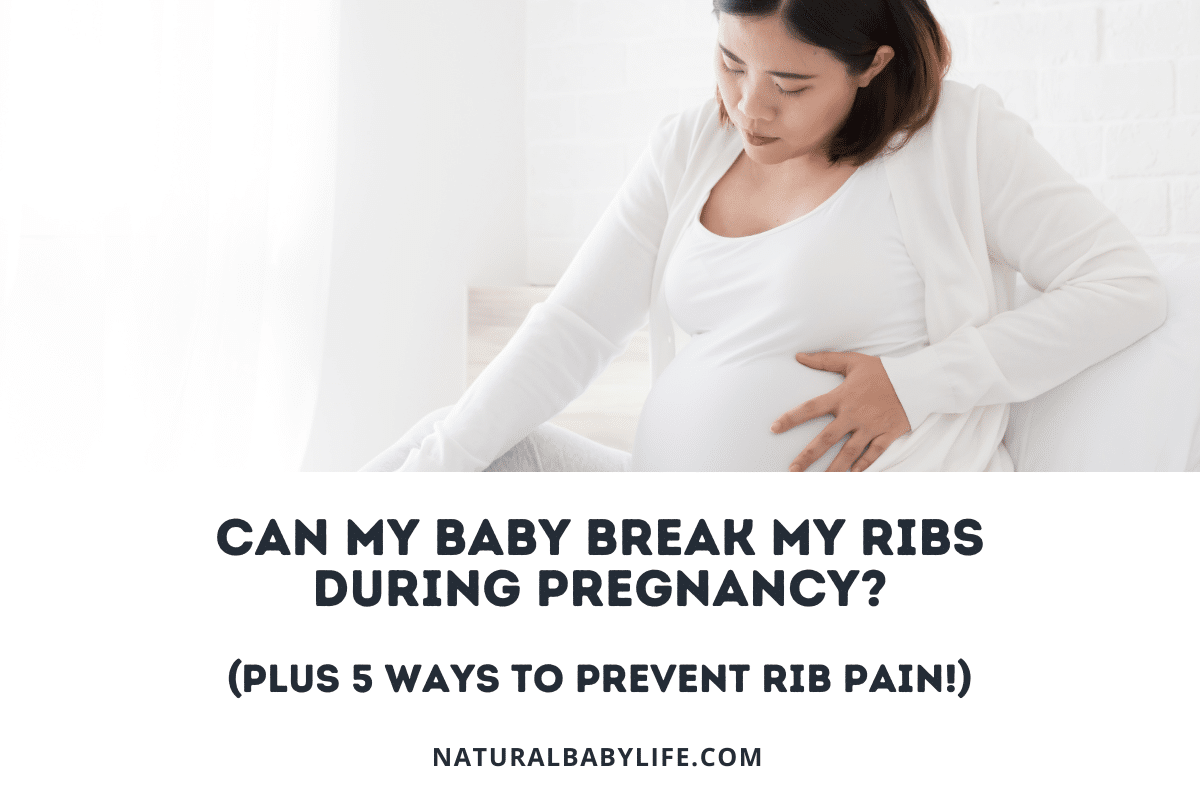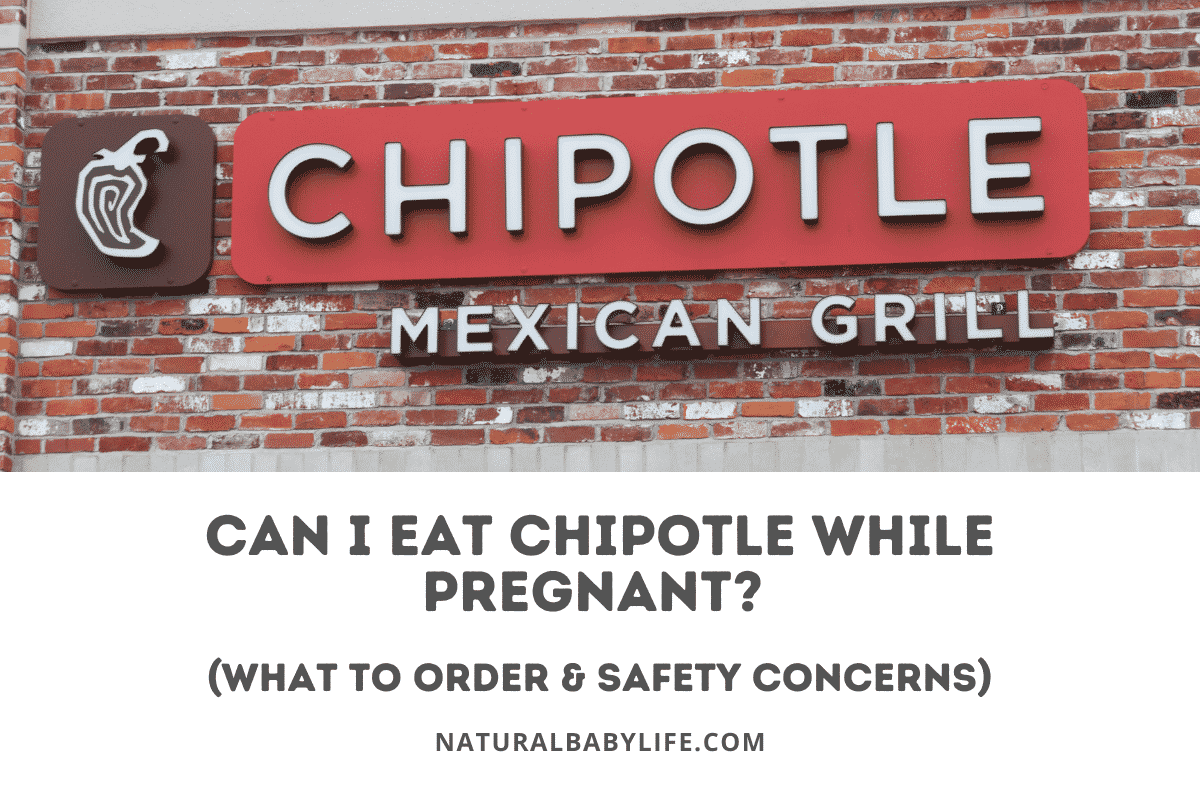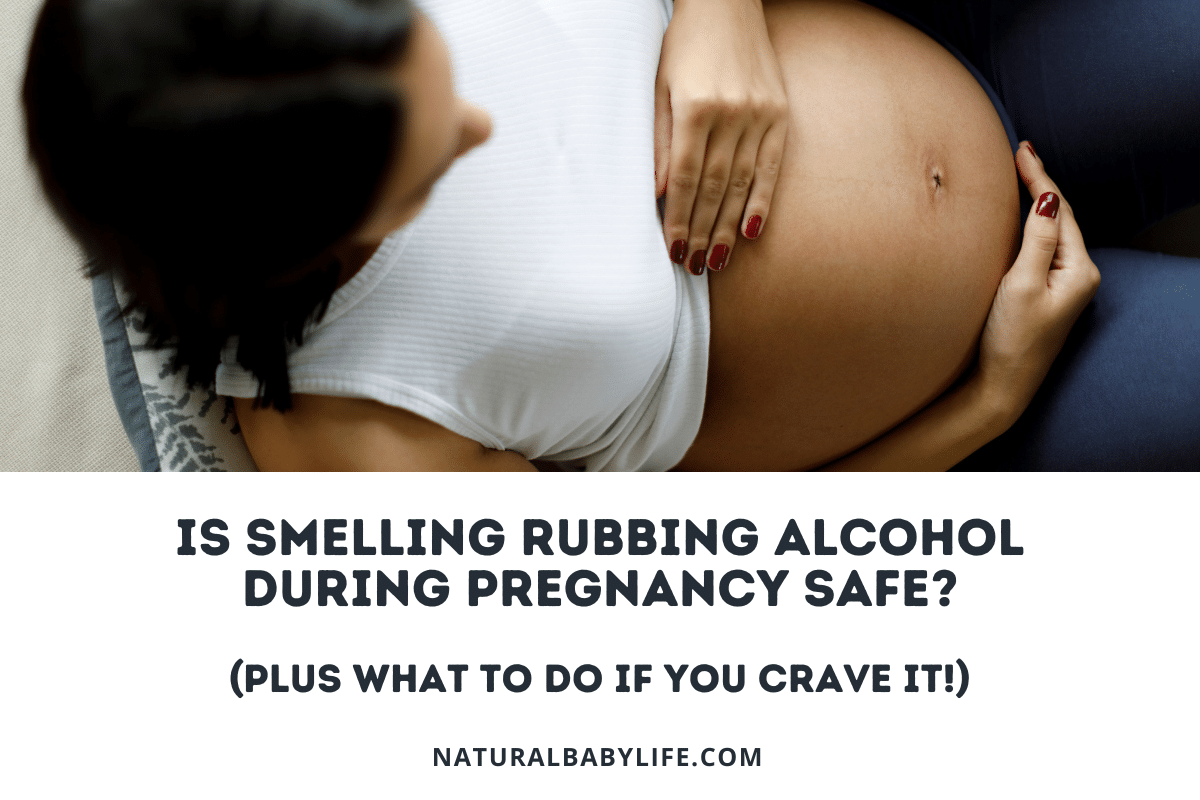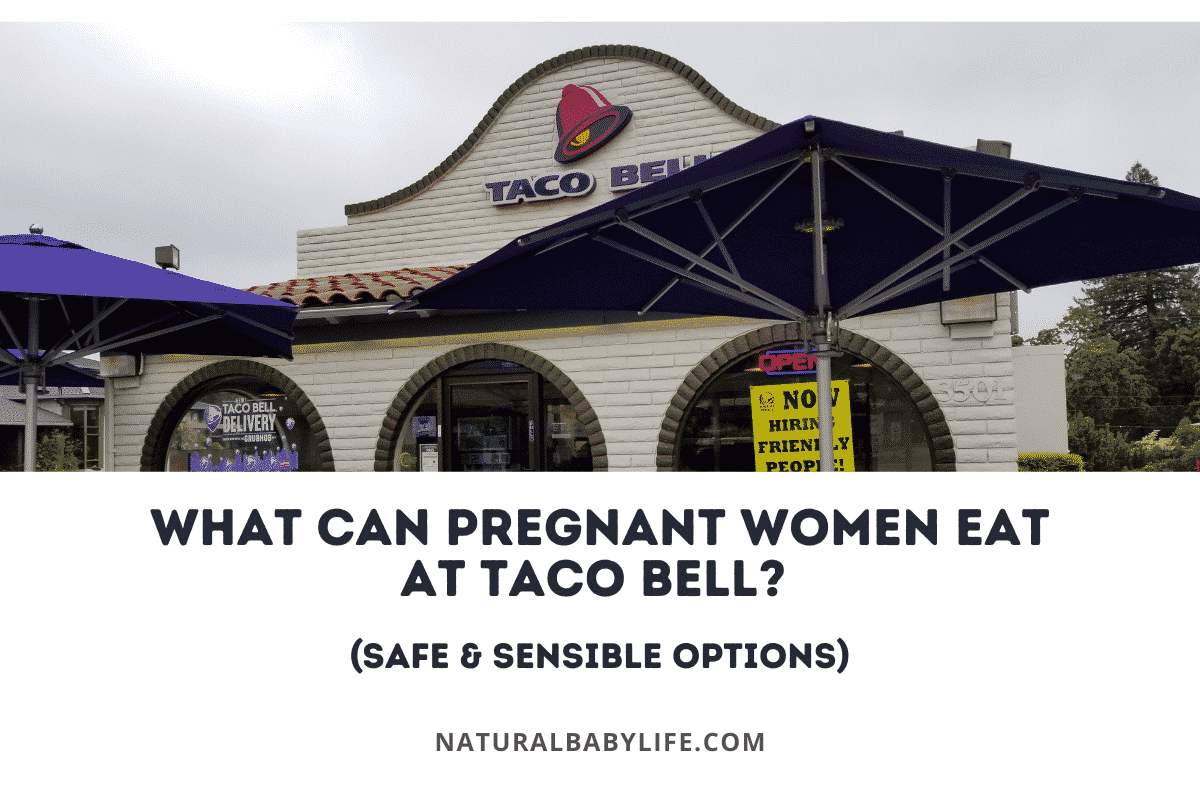Your husband is backing the car out of the driveway to pick up your nightly McDonald’s Filet-O-Fish sandwich. Mouthwatering and heart-pounding, you await the arrival of your fish sandwich with all the patience of a toddler on the evening before their birthday. Pacing your living room, hand covering the seemingly equally excited baby in your belly, you wonder how you should handle your cravings. And why are you craving fish, of all things, while pregnant?
There is no single identified cause of food cravings for specific foods during pregnancy. Some medical professionals believe these food cravings correlate directly to a lack of nutrient balance in the mother’s body. Based on this theory, cravings for fish during pregnancy may be attributed to the mother’s need for protein, iron, and/or zinc.
Read on for more information about craving fish while pregnant, what it may mean, and how to handle the cravings safely and healthily during your pregnancy. We’ll also cover whether those fish cravings provide any clues as to the gender of your baby.
Table of Contents
Is it normal to crave fish during pregnancy?
The hormones of pregnancy can heighten both your sense of taste and smell, which often will open your mind and perhaps your mouth, to a whole new variety of foods. You may find yourself developing a new love of all things seafood, craving the fish that most certainly never held any appeal for you at all before pregnancy. Likewise, you may find yourself to be absolutely repulsed by the sweet and milky taste of your once-favorite chocolate bar.
Food cravings during pregnancy are completely normal and experienced by many women. While fish is not one of the more commonly craved foods such as ice cream or potato chips, many women crave fish during pregnancy. And because fish is packed full of powerful nutrients crucial to your body while pregnant, fish can be a healthy addition to your weekly menu while pregnant.
It’s recommended that pregnant women only consume eight to twelve ounces of fish per week. Be sure to do your research when giving in to your fish cravings, and pay attention to the types of fish you choose. Ensure the fish you choose is fully cooked, low in mercury, and watch your serving size and portions.
When do cravings typically start during pregnancy?
Because every woman is unique, and every pregnancy is different, there is no absolute timetable for when you will begin experiencing food cravings during your pregnancy. You might crave fish for the entirety of your pregnancy, for one desperate week during your second semester, or your cravings may come and go.
Commonly, women begin experiencing food cravings near the end of their first semester. The cravings are felt most strongly during the second semester and then begin to lessen near the end of the last trimester when their due date is approaching.
Is it safe to eat fish during pregnancy?
Most fish can be safely enjoyed during pregnancy. Fish is a healthy source of protein for mother and baby, and protein is an important component of maintaining a balanced diet. Fish is also a great source of essential nutrients, especially iron and zinc. The Omega-3 fatty acids in fish are highly beneficial for your baby’s brain development.
Not only are many types of fish safe to eat during pregnancy, but fish is also part of the nutritional guidelines for pregnant mothers by the National Institute of Health (NIH). The guidelines recommend that an expectant mother eats fish 2-3 times, or 8 to 12 ounces, per week.
Be sure to read the packaging on fish you buy to avoid buying the types of fish that contain unsafe mercury levels for you and your baby. Regularly consuming high mercury fish can cause mercury to accumulate in your bloodstream, which can damage your organs and result in serious harm to your unborn child.
What happens if you eat too much fish while pregnant?
Take special precautions when adding fish to your menu.
Pregnant women are cautioned to avoid eating certain types of fish, or too much fish, because of the potential of developing mercury poisoning over time. Mercury is a naturally occurring heavy metal that is found in fish due to water pollution.
If you have eaten too much fish that is high in mercury content, contact your doctor or seek medical attention immediately.
How to help satisfy your fish cravings:
- Skip uncooked fish which contains bacteria and viruses.
- Pay attention to fish advisories in your area.
- Cook fish to an internal temperature of 145°F.
- When cooked, fish should be flaky and be opaque.
- Don’t eat predatory fish (shark, swordfish, tilefish, king mackerel).
- Limit consumption of seafood to 2-3 servings per week.
- Choose organic, farm-raised fish when possible.
- The younger and smaller fish are normally the safest to eat.
What can too much mercury during pregnancy do?
If you consume fish with a high amount of mercury regularly, toxic levels can build up in your bloodstream and cause many serious problems for both you and your baby.
Toxic levels of mercury can damage your lungs, kidneys, and nervous system and affect your hearing and vision. Too much mercury in your system during pregnancy can also damage your baby’s developing brain, lungs, and nervous system. High mercury levels in children have been linked to deficits in memory, behavior problems, and learning difficulties.
If you are concerned you have eaten high mercury fish or believe you have eaten too much fish, contact your doctor or seek medical help as soon as possible.
Which fish has the highest mercury?
Mercury is an element found in our air, water, and food. It is concentrated in toxic levels in large predatory fish.
Your unborn baby is susceptible to mercury during its development, especially during your third and fourth months of pregnancy. Many women in America are not familiar with the mercury levels in different types of fish. For your health and the health of your unborn baby, you must avoid eating fish that are high in mercury.
These fish have the highest levels of mercury and should be avoided:
- Tilefish (Gulf of Mexico), 219 micrograms
- Shark, 151 micrograms
- Swordfish, 147 micrograms
The best fish to eat while pregnant
It is essential to pay attention to the fish you consume during pregnancy and make sure that it is low in mercury and high in Omega-3 Fatty Acids, or DHA.
Fish that are safe to consume during pregnancy include:
- Salmon
- Herring
- Freshwater trout
- Pacific mackerel
- Sardines
- Anchovies
- Shrimp
- Pollock
- Tilapia
- Cod
- Catfish
- Canned light tuna
Fish that are safe to consume in limited amounts:
- White albacore tuna (limit to 6 oz. or 170 grams a week)
- Tuna steaks (limit to 6 oz. or 170 grams a week)
What fish should you not eat while pregnant?
Some fish are not safe to consume during pregnancy because they contain high levels of mercury, which is dangerous for both you and your baby. The fish containing the highest levels of mercury are large predatory fish, which feed on other fish. The amount of mercury in a fish increases every time the fish eats another fish.
Fortunately, most types of fish that should be avoided are not part of a typical American diet.
Fish that are NOT safe to consume during pregnancy include:
- Swordfish
- Tilefish
- Bigeye tuna (sushi)
- Marlin
- King mackerel
- Shark
- Orange roughy
What does it mean if you crave fish while pregnant?
There has been no consensus among doctors and researchers about the meaning behind food cravings during pregnancy or if there is one at all.
Doctors have suggested various theories and explanations based on both research and anecdotal evidence regarding the cause of specific food cravings during pregnancy.
Hormonal changes during pregnancy, higher body temperatures in an expectant mother, nutritional imbalances, a heightened sense of taste following a restrictive diet, and sinus congestion have all been suggested as possible causes of food cravings.
Based on the nutritional balance theory, which is one of the more popular theories, cravings for fish during pregnancy are likely due to the body craving these nutrients contained in the fish, and not the fish itself:
- Protein – crucial for baby’s development
- Zinc – lowers the risk of premature birth
- Iron – helps prevent anemia
- Iodine – helps metabolism and thyroid function
- Omega-3 fatty acids – helps brain development
Does craving fish while pregnant mean it’s a boy or girl?
The fact that you have cravings for fish day and night doesn’t mean you can go ahead and set a date for that gender reveal party or buy that perfect shade of pink paint for your baby’s nursery just yet.
The food cravings you have during pregnancy for fish don’t provide any information as to the sex of your unborn baby.
While there are numerous myths and old wives’ tales linking specific food cravings to certain genders, there is no scientific evidence that has proven that food cravings can foretell the sex of your unborn baby.
If you want to learn more, I have a HUGE list of the most common pregnancy cravings just for you!

